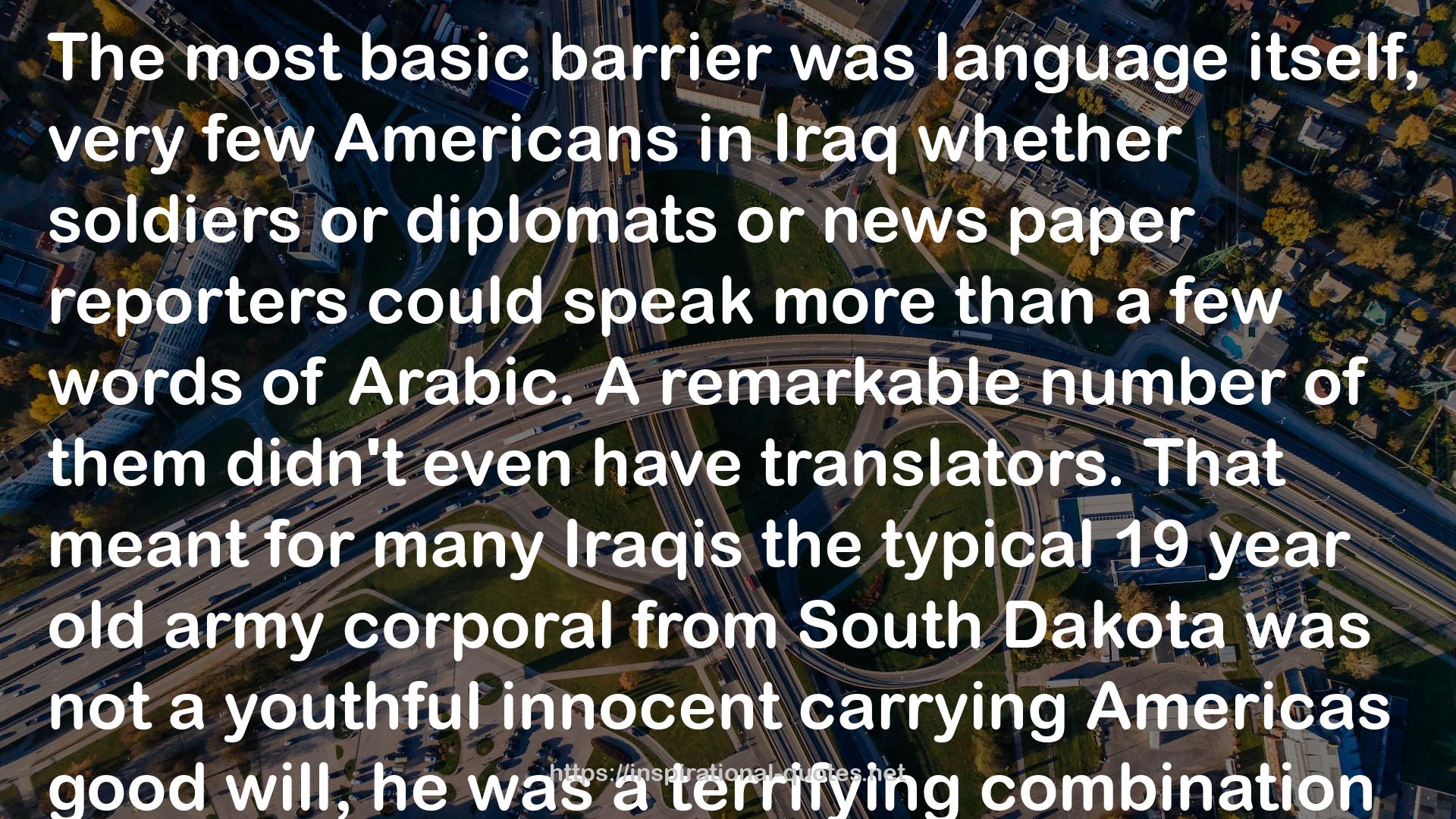The Forever War QUOTES
SOME WORKS
- The Passion of the Western Mind: Understanding the Ideas that Have Shaped Our World View
- The Quotable John Wayne: The Grit and Wisdom of an American Icon
- Edhi: A Mirror To The Blind
- The Devil's Delusion: Atheism and Its Scientific Pretensions
- Destiny Disrupted: A History of the World Through Islamic Eyes
- On the Eve of the Millennium
- Between Existentialism and Marxism
- The Shepherd's Life: A People's History of the Lake District
- Die Gelben, die Schwarzen, die Weißen (Die Andere Bibliothek, #159)
- The Way of Zen

